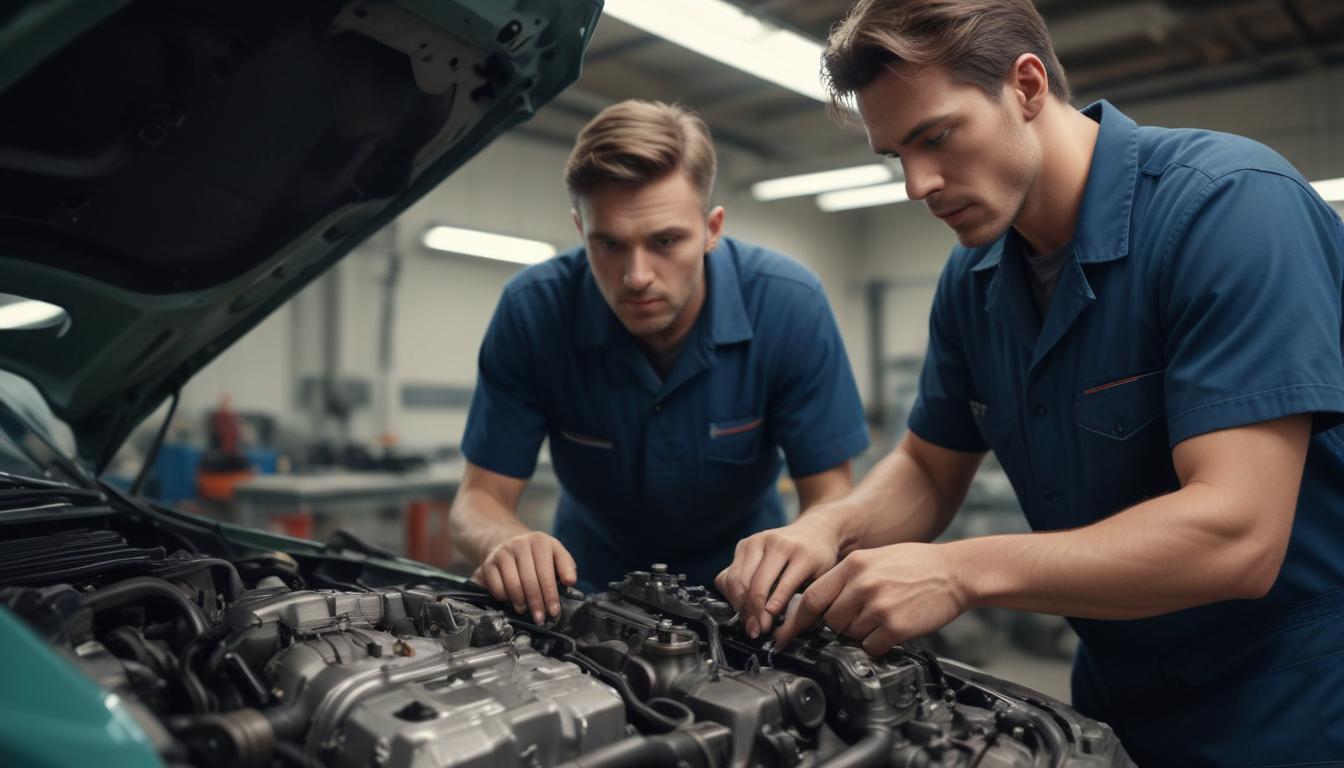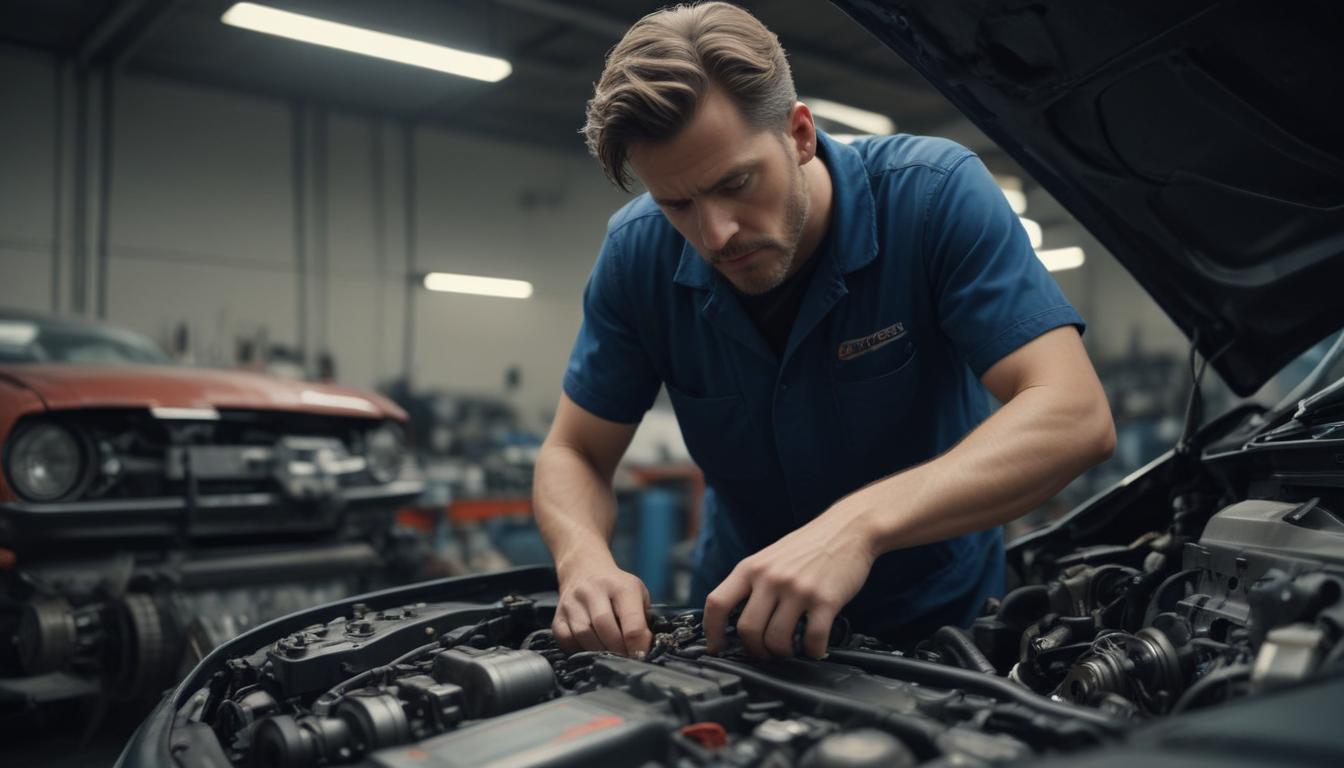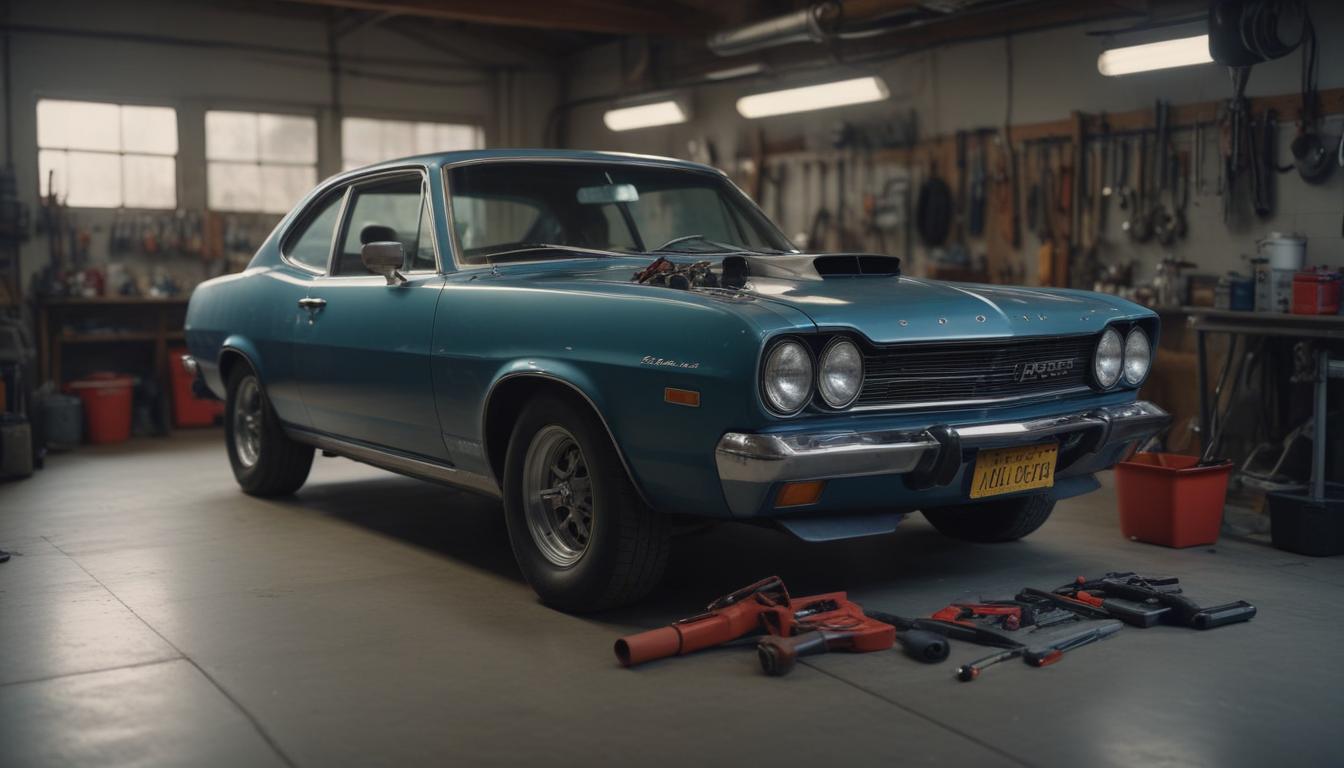Common Car Issues in the United States: A Quick Guide
Introduction
As car owners in the United States, dealing with unexpected car problems can often feel like an inevitability. From dead batteries to warning lights on the dashboard, these issues not only disrupt our schedule but can lead to costly repairs. A little knowledge and preventive maintenance can go a long way in addressing these challenges and saving on expenses. Let’s explore some of the most frequent car issues and how to tackle them efficiently.
1. Dead Battery – A Common Nuisance
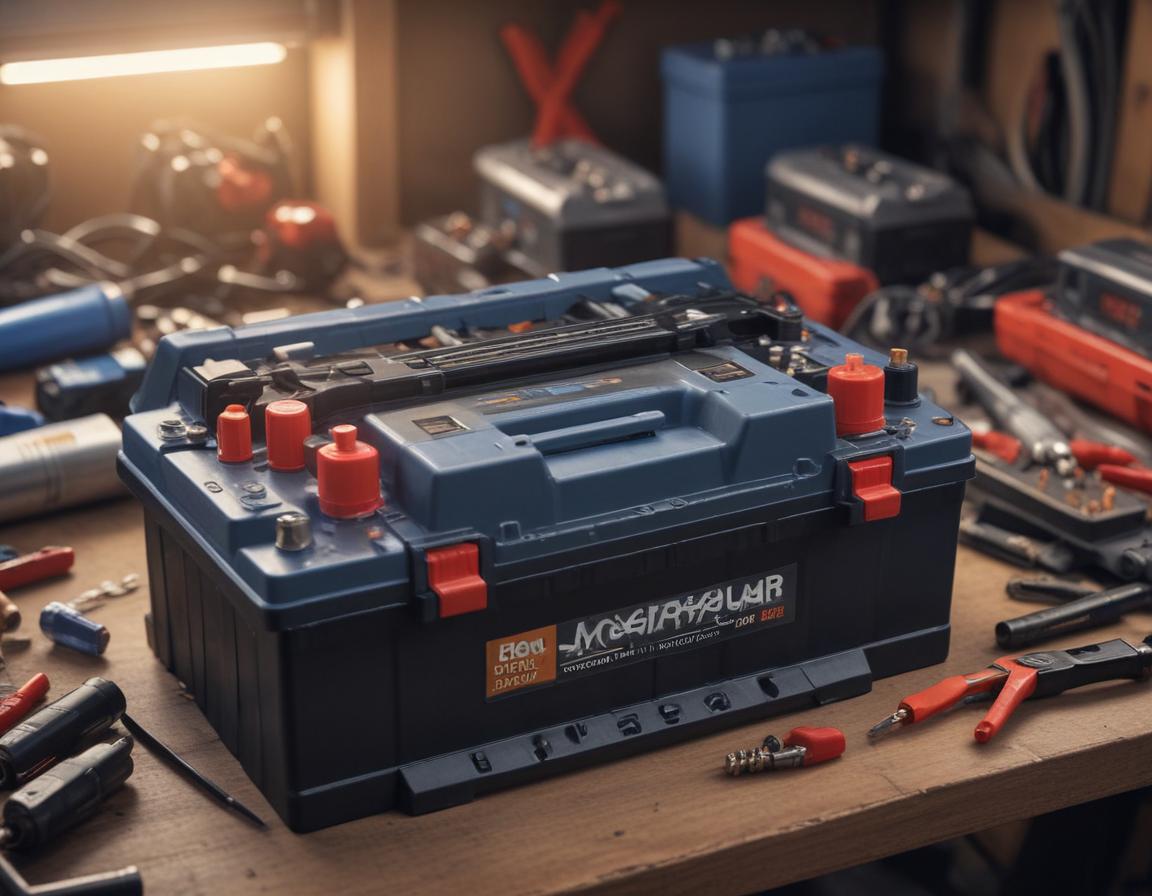
One of the most common car problems faced by drivers in the United States is a dead battery. This issue often occurs when car lights, chargers, or other accessories are left on for an extended period or due to extreme weather, such as intense heat or freezing cold. A dead battery can leave you stranded and searching for a jumpstart.
To avoid this, here are some tips to maintain your car battery’s health:
- Inspect and clean the battery terminals regularly to remove corrosion.
- Ensure you always have a reliable jumper cable in your car.
- If starting problems persist, even in agreeable weather, it might be time for a replacement.
- Use a battery maintainer for optimal charging levels during storage.
2. Cooling System Failure – Avoid Overheating
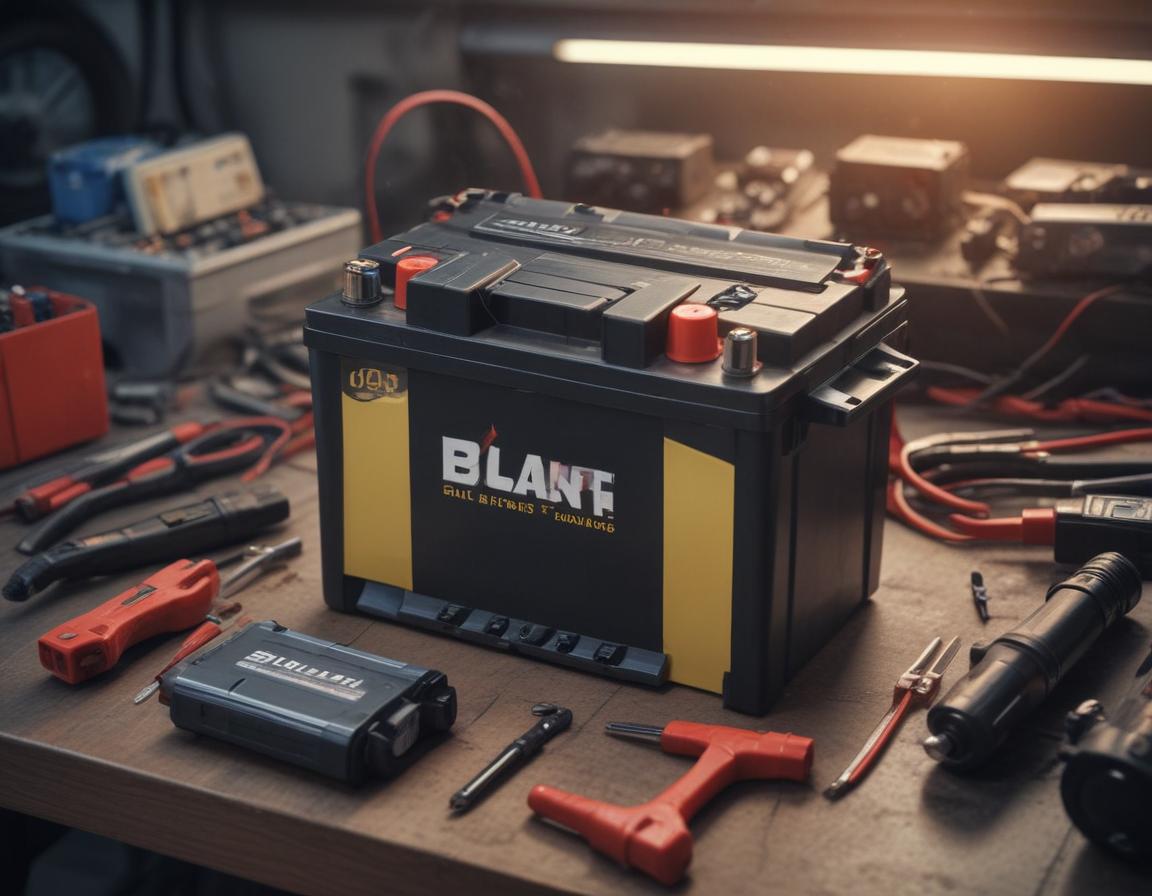
Cooling system problems can escalate quickly, potentially leading to engine overheating and significant damage. Early signs of trouble include:
- A rising temperature gauge on your dashboard.
- Steam or smoke coming from under the hood.
- Decreased coolant levels.
To minimize the risk of overheating:
- Inspect your radiator, hoses, and thermostat during routine maintenance.
- Check for leaks or visible wear on the components.
- Maintain proper coolant levels and consider flushing the coolant system periodically.
- Always keep extra coolant in your car, especially during the summer.
3. Poor Brake Performance – A Safety Concern
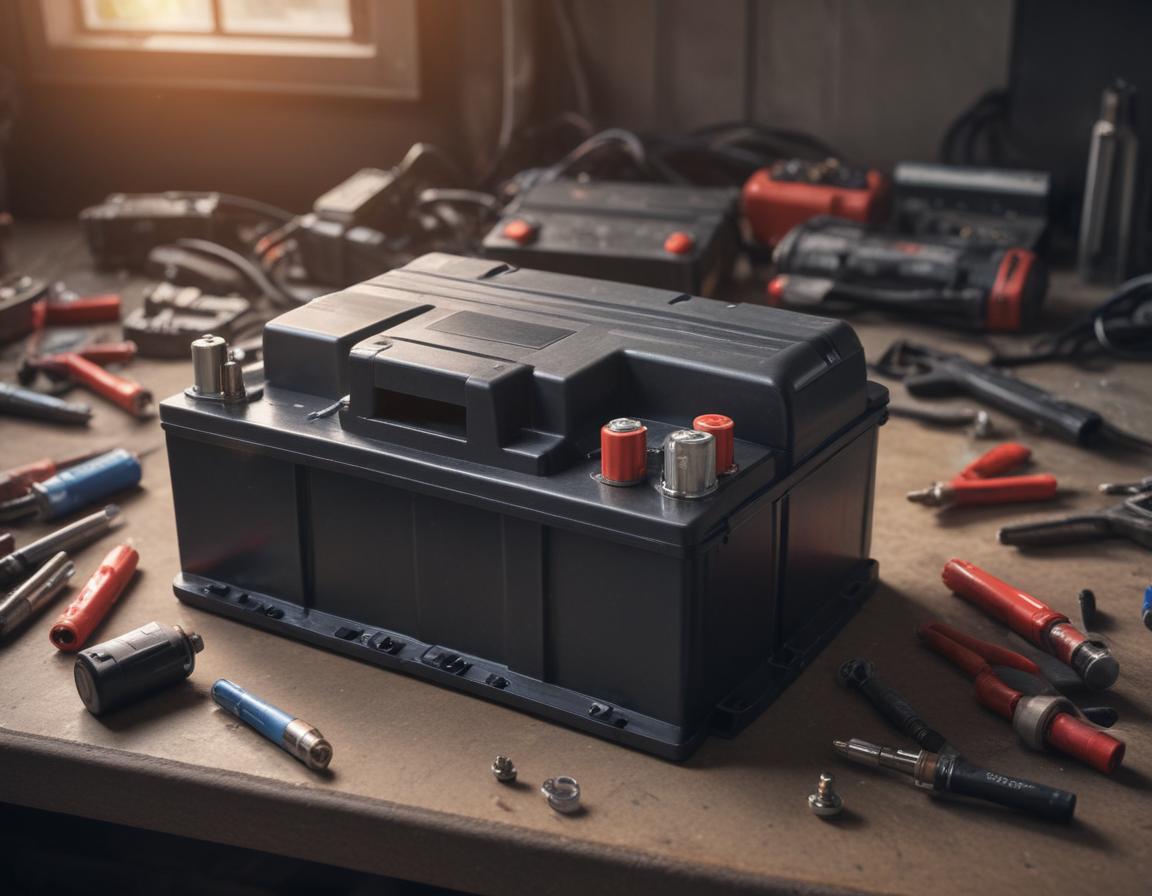
Brakes are arguably the most critical safety feature of any vehicle. If you notice grinding noises, squeaking sounds, or a “spongy” feel when using the brake pedal, it may indicate worn-out brake pads or leaking brake fluid.
While some brake repairs can be handled as DIY projects, it’s generally best to entrust this task to a professional mechanic due to the sensitive nature of the brake system.
Preventive measures to ensure optimal brake performance:
- Have your brake pads, calipers, and fluid levels inspected during regular oil changes.
- Address any warning signs promptly to ensure safe driving conditions.
4. Engine Knocking or Pinging – Address it Promptly
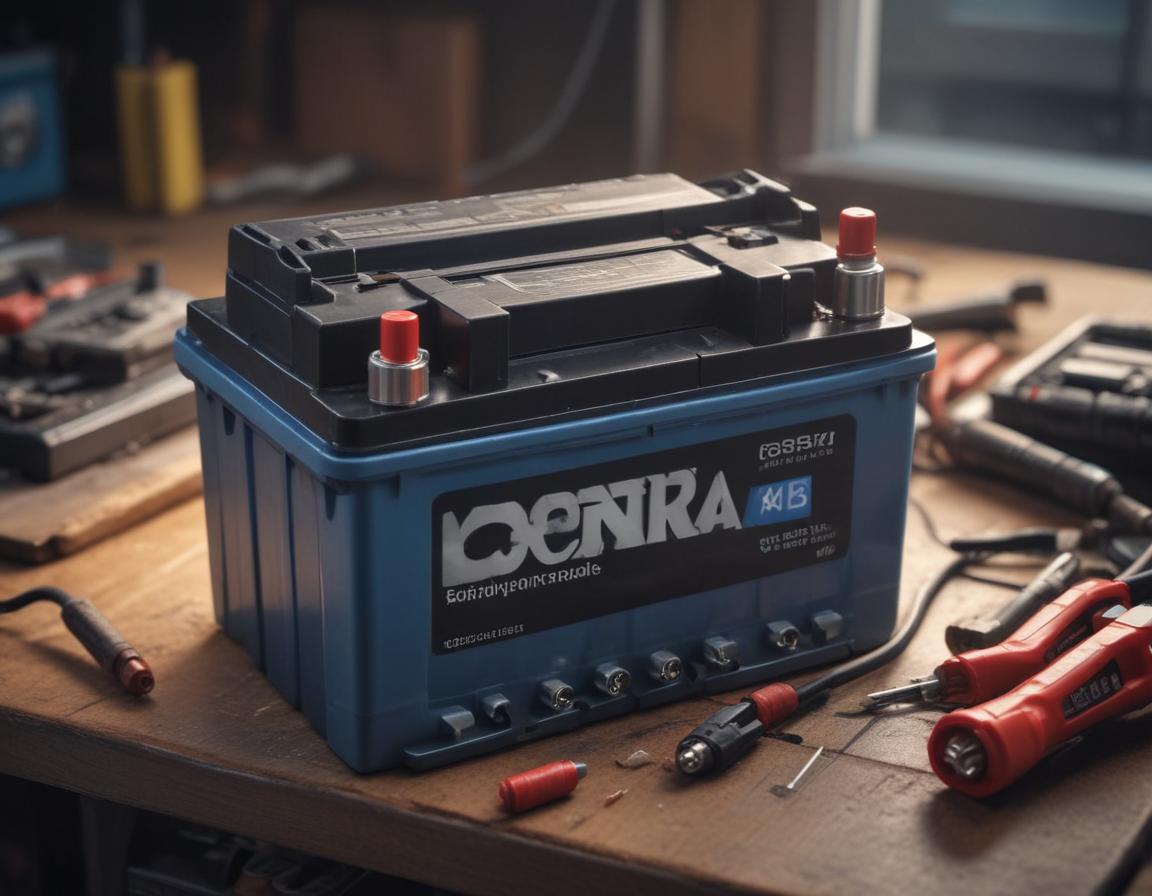
Hearing unusual sounds like knocking or pinging from your engine can be one of the most unsettling experiences for a driver. These sounds often point to:
- Strain on engine components.
- Improper fuel type usage.
- Insufficient lubrication due to low oil levels.
To mitigate engine issues:
- Use the grade of oil and fuel recommended by your car manufacturer.
- Schedule regular maintenance checks and oil replacements.
- Seek professional advice immediately if these sounds persist to avoid further damage.
5. Warning Lights – Troubleshooting Simplified
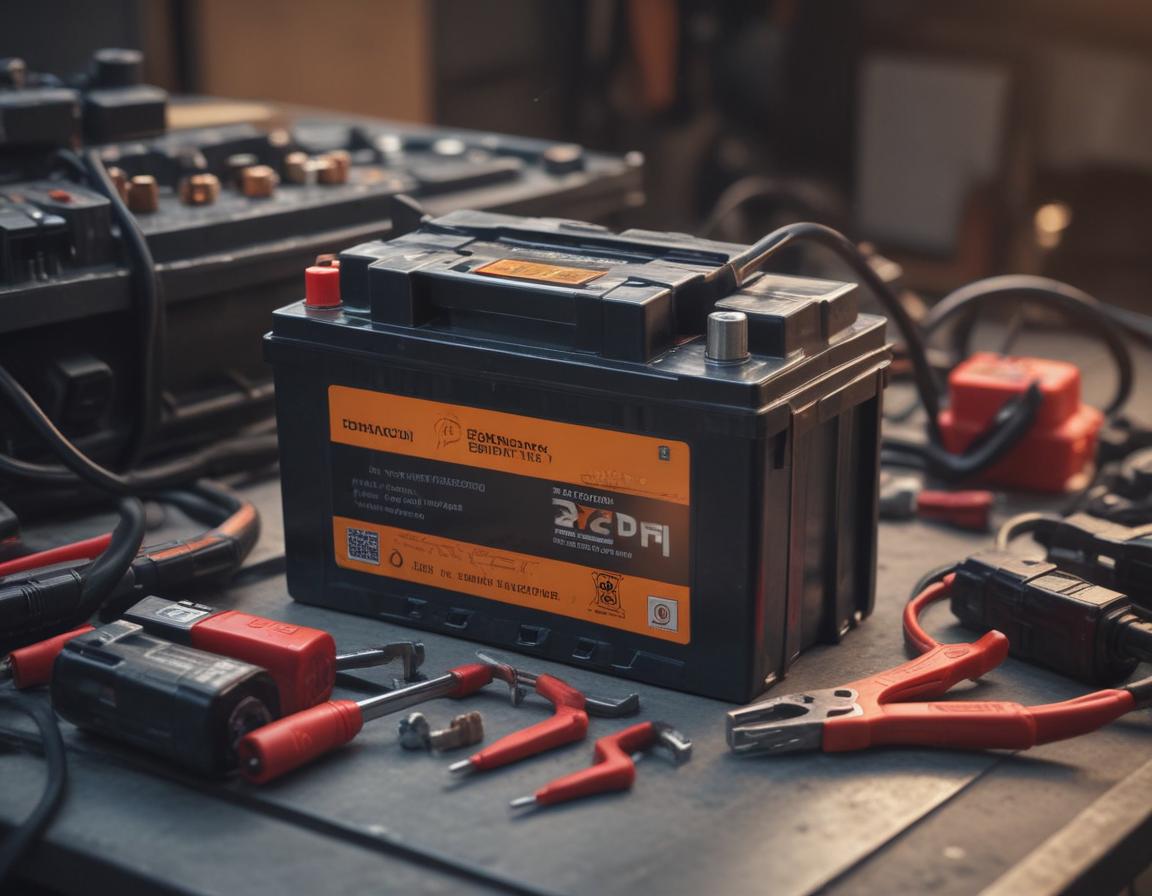
Illuminated warning lights on your car’s dashboard often serve as an early indicator of underlying issues. Whether it’s the “check engine” light or alerts for low tire pressure, addressing these warnings promptly can save you from bigger problems down the line.
Common scenarios associated with procrastinating on warning lights include:
- Minor issues turning into costly repairs.
- Delayed fixes leading to further damage to your vehicle.
To simplify troubleshooting:
- Invest in a car diagnostics tool to do initial checks yourself.
- Visit a trusted mechanic to resolve more complex concerns.
- Always take warning lights seriously since they impact your car’s performance and safety.
Conclusion
Car maintenance doesn’t have to be a complicated ordeal. By identifying the warning signs and addressing small problems early on, you’ll save yourself from expensive repairs and ensure your vehicle performs at its best. Consistent upkeep and professional assistance when needed are crucial for extending your car’s life and guaranteeing road safety. Remember, proactive care is always better than reactive solutions.
“`

